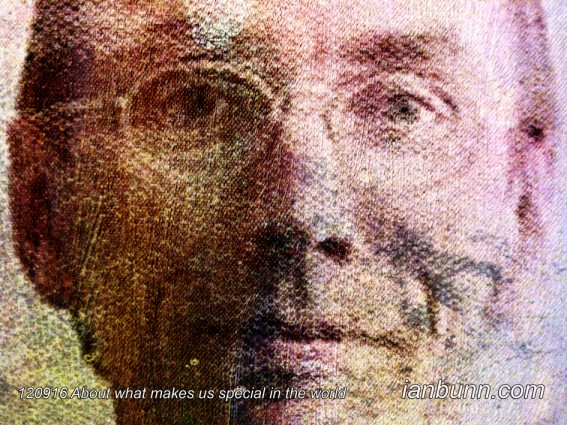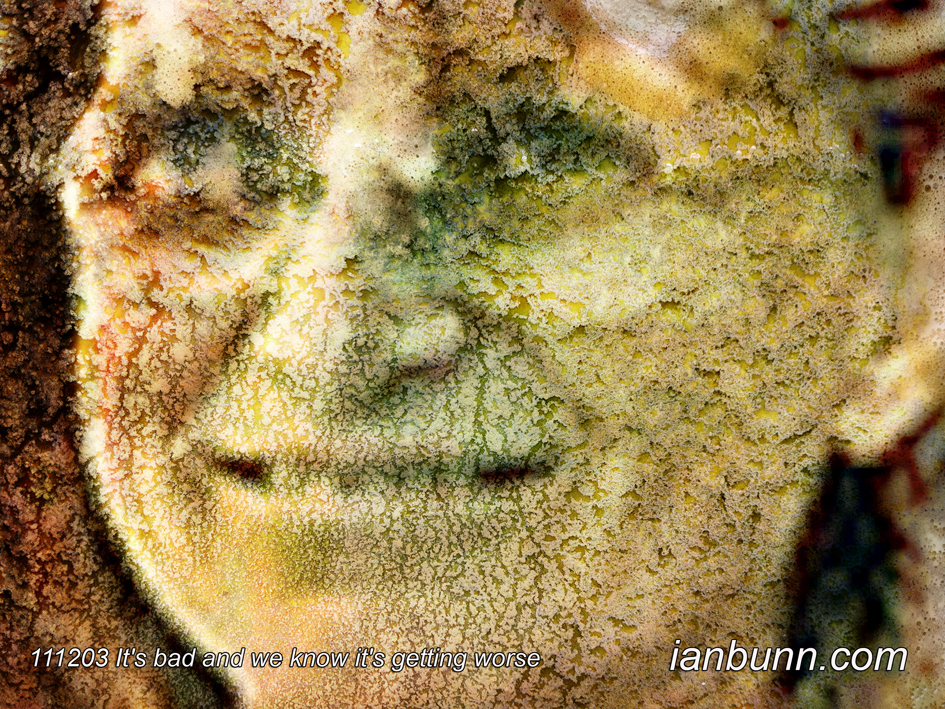 About what makes us special in the world (September 16 2012)
About what makes us special in the world (September 16 2012)
Svante Pääbo the 57 year old Swedish biologist specializing in evolutionary genetics who shared the Nobel Prize in Physiology or Medicine has participated in a collaborative investigation by the Leipzig and Harvard Medical Schools to reconstruct the genetic makeup of a 50,000 year old girl from a finger-bone fragment of an ancient and long extinct group of humans called Denisovans who lived and died in a Siberian cave. In an article published by Ian Sample for The Guardian, Sample states “These ancient relatives are thought to have occupied much of Asia tens of thousands of years ago. Previous tests on the remains found they were more closely related to Neanderthals than modern humans. …Svante Pääbo, at the Max Planck Institute for Evolutionary Anthropology in Leipzig, said there was now “no difference in what we can learn genetically about a person that lived 50,000 years ago and from a person today, provided that we have well-enough preserved bones”. … The research highlighted scores of intriguing gene variants that are found in modern humans but not in Denisovans. Eight mutations that have arisen since our ancestors split from Denisovans are involved in brain function and nerve connectivity, for example. “I think that this is perhaps, in the long term for me, the most fascinating thing about this: what it will tell us in the future about what makes us special in the world, relative to the Denisovans and Neanderthals,” said Pääbo. Another 34 mutations found only in modern humans are associated with diseases, including four that affect the skin and eyes.”
Inspired by The Guardian ow.ly/dtDQB image source PLoS ow.ly/dtEi0
